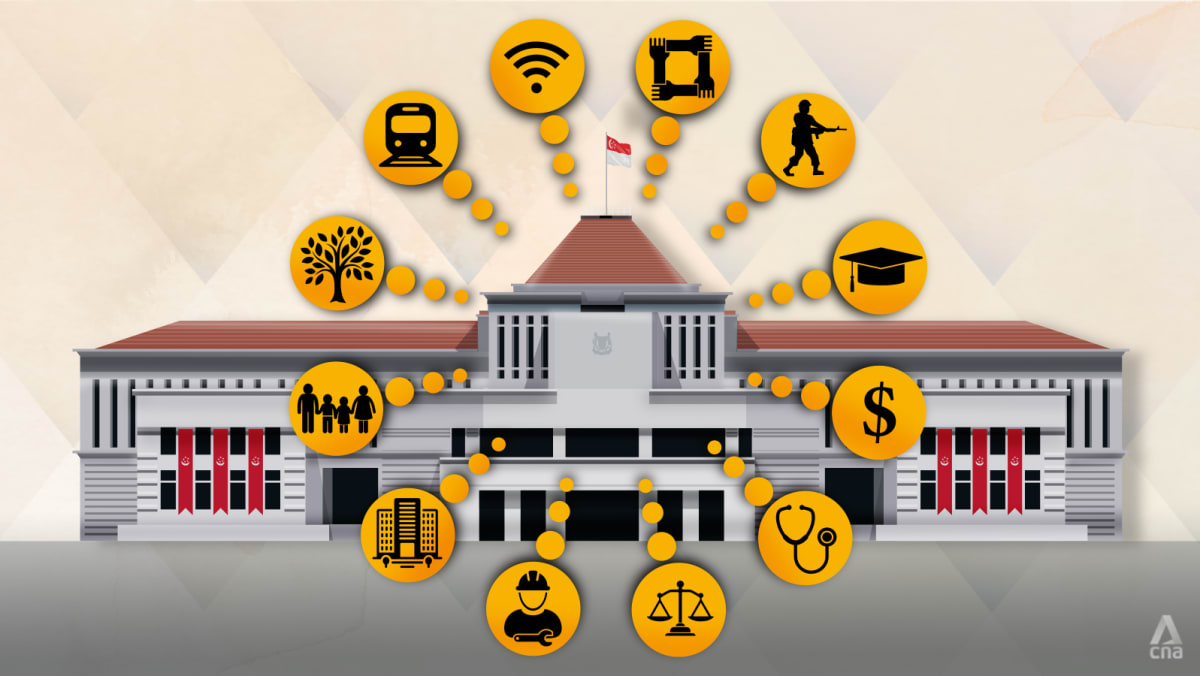WP chief Pritam Singh, meanwhile, was formally appointed Leader of the Opposition after the 2020 election.
In his role, Mr Singh receives confidential briefings by the government on select matters of national security and external relations, and in the event of a national crisis or emergency.
He also receives an extra allowance to hire up to three additional legislative assistants, on top of what MPs get for one legislative assistant and one secretarial assistant.
Mr Singh also has right of first response among MPs and more time for his speeches, equivalent to that given to political office holders.
STILL RELEVANT TODAY?
None of this means that GPCs have lost all relevance, political observers said.
Dr Teo Kay Key, a research fellow at the Institute of Policy Studies, said there was still merit in having such dedicated groups look at each ministry and check for gaps in policy.
“These GPCs look at specific areas, while opposition MPs might be more broad-based in their checks and balance function,” she told CNA.
In 2020, Mr Singh had said that due to their limited numbers, the WP’s MPs would organise themselves into five topical areas – health, ageing and retirement adequacy; jobs, businesses and the economy; education, inequality and the cost of living; housing, transport and infrastructure; and national sustainability.
Singapore University of Social Sciences associate faculty Kasthuri Prameswaren added that the ruling PAP is able to delegate a larger number of MPs to look at topics in more depth and breadth, compared with the opposition camp.
Due to the depth of its backbench, the PAP has the “luxury of having a choice” in how best to deploy its MPs to cover the various topics, said Chua Chu Kang lawmaker Zhulkarnain Abdul Rahim, who was newly appointed as chairman of the GPC for home affairs and law on Jul 1.
GPC chairpersons told CNA the challenge lies in balancing their committee subject matter with issues brought up by their own constituents. They also need to ensure their focus doesn’t just veer towards the trending topics of the day.
“There will be some issues and topics that people don’t really want to pay attention to, maybe because it’s a bit more technical,” said MacPherson MP Tin Pei Ling, who heads the GPC for communications and information. “But nonetheless, these are all important stuff that we must consider.”
Nee Soon GRC MP Louis Ng, who heads the GPC for sustainability and the environment, said the committees provide “mobilising power” for MPs to come together to stand behind specific causes.
Experts also pointed to the January effort by the GPC for communications and information, and other motions by committees for health as well as sustainability and environment, as positive examples of pushing for change.
